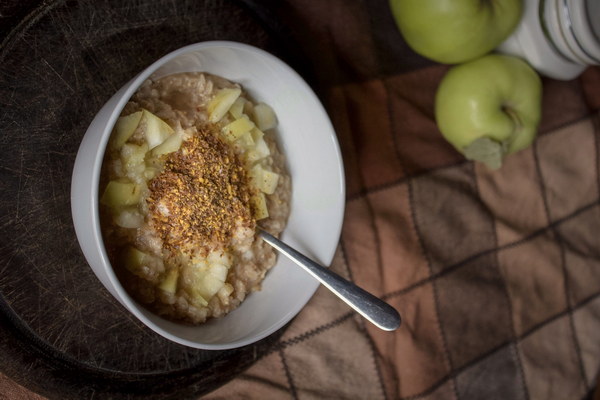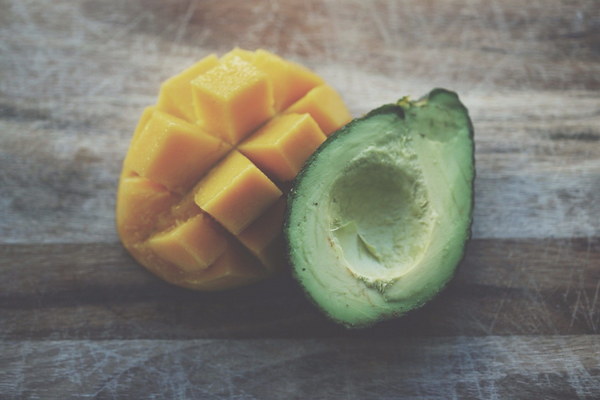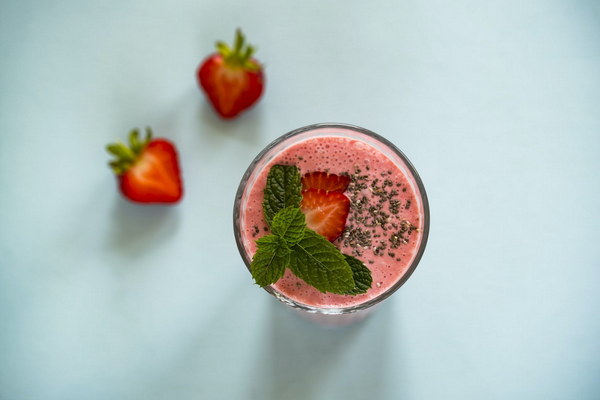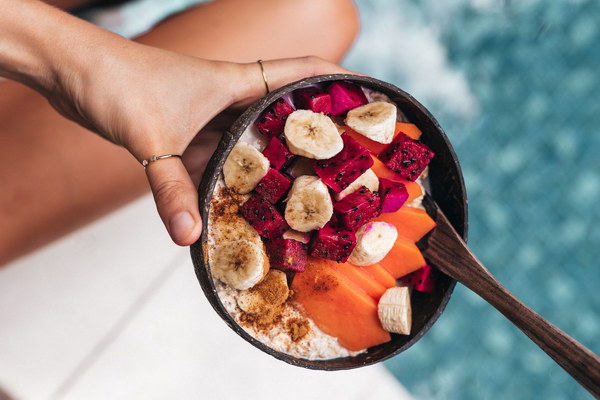The Ultimate Guide to Eating and Drinking for a Healthy Stomach
Introduction:
A healthy stomach is essential for overall well-being. The foods and drinks we consume play a significant role in maintaining stomach health. In this article, we will explore the best options for eating and drinking to keep your stomach in top shape.
1. Fiber-Rich Foods:
Fiber is crucial for a healthy stomach, as it helps maintain regular bowel movements and keeps the digestive system running smoothly. Incorporate the following fiber-rich foods into your diet:
- Leafy greens: Spinach, kale, and Swiss chard are excellent sources of fiber.
- Legumes: Beans, lentils, and chickpeas are not only high in fiber but also provide protein and essential nutrients.
- Whole grains: Oats, barley, and quinoa are great sources of fiber and can be added to breakfast cereals or used in cooking.
- Berries: Blueberries, strawberries, and raspberries are rich in antioxidants and fiber.
2. Probiotics:
Probiotics are beneficial bacteria that live in your gut and help maintain a healthy balance of gut flora. Incorporate probiotics into your diet through the following sources:
- Fermented foods: Yogurt, kefir, sauerkraut, and kimchi are excellent sources of probiotics.
- Fermented beverages: Kombucha and kvass are fermented drinks that contain probiotics.
- Probiotic supplements: If you struggle to get enough probiotics from your diet, consider taking a probiotic supplement.
3. Prebiotics:
Prebiotics are non-digestible carbohydrates that feed probiotics and help them thrive. Include prebiotic-rich foods in your diet, such as:
- Garlic: Garlic is a natural prebiotic that can be added to various dishes.
- Onions: Onions are another prebiotic-rich food that can be used in cooking.
- Artichokes: Artichokes contain prebiotics that support gut health.

- Bananas: Ripe bananas are a good source of prebiotics.
4. Hydration:
Drinking plenty of water is essential for a healthy stomach. Water helps maintain proper digestion and prevents constipation. Aim to drink at least 8 glasses of water daily.
5. Herbs and Spices:
Certain herbs and spices have stomach-soothing properties and can aid in digestion. Include the following in your cooking:
- Ginger: Ginger is known for its anti-inflammatory properties and can help alleviate stomach discomfort.
- Turmeric: Turmeric contains curcumin, which has anti-inflammatory effects on the stomach.
- Fennel: Fennel seeds can be chewed after meals to aid digestion and reduce bloating.
6. Avoid Harmful Foods and Drinks:
Certain foods and drinks can irritate the stomach and exacerbate digestive issues. Try to avoid the following:
- Greasy and fried foods: These can be difficult to digest and may cause stomach discomfort.
- Spicy foods: Spicy foods can irritate the stomach lining and lead to heartburn or acid reflux.
- Alcohol and caffeine: Excessive consumption of alcohol and caffeine can disrupt the balance of gut bacteria and irritate the stomach.
Conclusion:
Eating and drinking the right foods can significantly improve your stomach health. Incorporate fiber-rich foods, probiotics, prebiotics, and stomach-soothing herbs and spices into your diet. Stay hydrated and avoid harmful foods and drinks. By making these adjustments, you can keep your stomach in top shape and enjoy better overall well-being.









